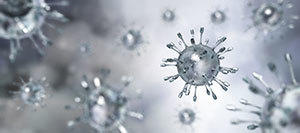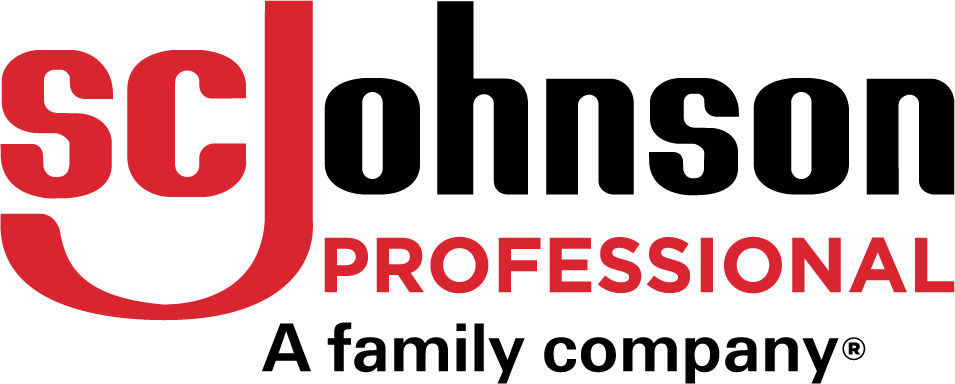COVID-19 Technical Information - Europe
Issue Date: 28th January 2020

On 31 December 2019, the WHO China Country Office was informed of cases of pneumonia of unknown etiology (unknown cause) detected in Wuhan City, Hubei Province of China. A novel coronavirus (now named as SARS-CoV-2) was identified as the causative virus by Chinese authorities on 7 January.
Coronaviruses (CoV) are 'enveloped viruses' belonging to the subfamily Coronavirinae in the family Coronaviridae that cause illness ranging from the common cold to more severe diseases such as Middle East Respiratory Syndrome (MERS-CoV) and Severe Acute Respiratory Syndrome (SARS-CoV). A novel coronavirus (SARS-CoV-2) is a new strain that has not been previously identified in humans.
Coronaviruses most commonly spread from an infected person to others through:
- the air by coughing and sneezing
- close personal contact, such as touching or shaking hands
- touching an object or surface with the virus on it, then touching your mouth, nose, or eyes before washing your hands
- rarely, fecal contamination
There are currently no vaccines available to protect against human coronavirus infection. WHO’s standard recommendations for the general public to reduce exposure to and transmission of a range of illnesses are as follows, which include hand and respiratory hygiene, and safe food practices:
- Frequently clean hands by using alcohol-based hand rub or soap and water.
- When coughing and sneezing, cover mouth and nose with flexed elbow or tissue – throw tissue away immediately and wash hands.
- Avoid close contact with anyone who has fever and cough.
- If you have fever, cough and difficulty breathing seek medical care early and share previous travel history with your health care provider.
- When visiting live markets in areas currently experiencing cases of novel coronavirus, avoid direct unprotected contact with live animals and surfaces in contact with animals.
- The consumption of raw or undercooked animal products should be avoided. Raw meat, milk or animal organs should be handled with care, to avoid cross-contamination with uncooked foods, as per good food safety practices.
No disinfectant efficacy test is currently available for SARS-CoV-2, therefore no SCJ Professional products have been tested against this strain of coronavirus.
The EU Biocidal Product Regulation states that for effective disinfection against enveloped viruses, products that have been tested and proven to have "Virucidal activity against enveloped viruses" or "Limited Virucidal" properties i.e. effective against all enveloped viruses & limited number of non-enveloped viruses, or finally "Fully Virucidal" properties i.e. effective against all enveloped and non-enveloped viruses in accordance with EN14476:2015: A quantitative suspension test for the evaluation of virucidal activity in the medical area, should be used. Coronaviridae family viruses are listed as examples of enveloped viruses within the EN14476:2015 standard (and appendix 5 of Guidance on the Biocidal Products Regulation Volume II Efficacy - Assessment and Evaluation (Parts B+C)). The following SC Johnson Professional products have been independently tested and shown to meet the requirements of EN14476:2015 for either "Virucidal activity against enveloped viruses" or "Fully Virucidal" properties.
- Instant FOAM Complete - Fully Virucidal
- Instant GEL Complete – Fully Virucidal
- Cutan Complete – Fully Virucidal
- Cutan GEL – Fully Virucidal
- Oxybac – Virucidal against enveloped viruses
All hand soaps and hand rubs should be used as part of a hand hygiene protocol to help stop the transmission of viruses within a comprehensive, multifaceted infection prevention program.
You can learn more about the COVID-19 outbreak at the WHO website https://www.who.int/emergencies/diseases/novel-coronavirus-2019

Kevin Ormandy
Product Evaluation & Claims Director
